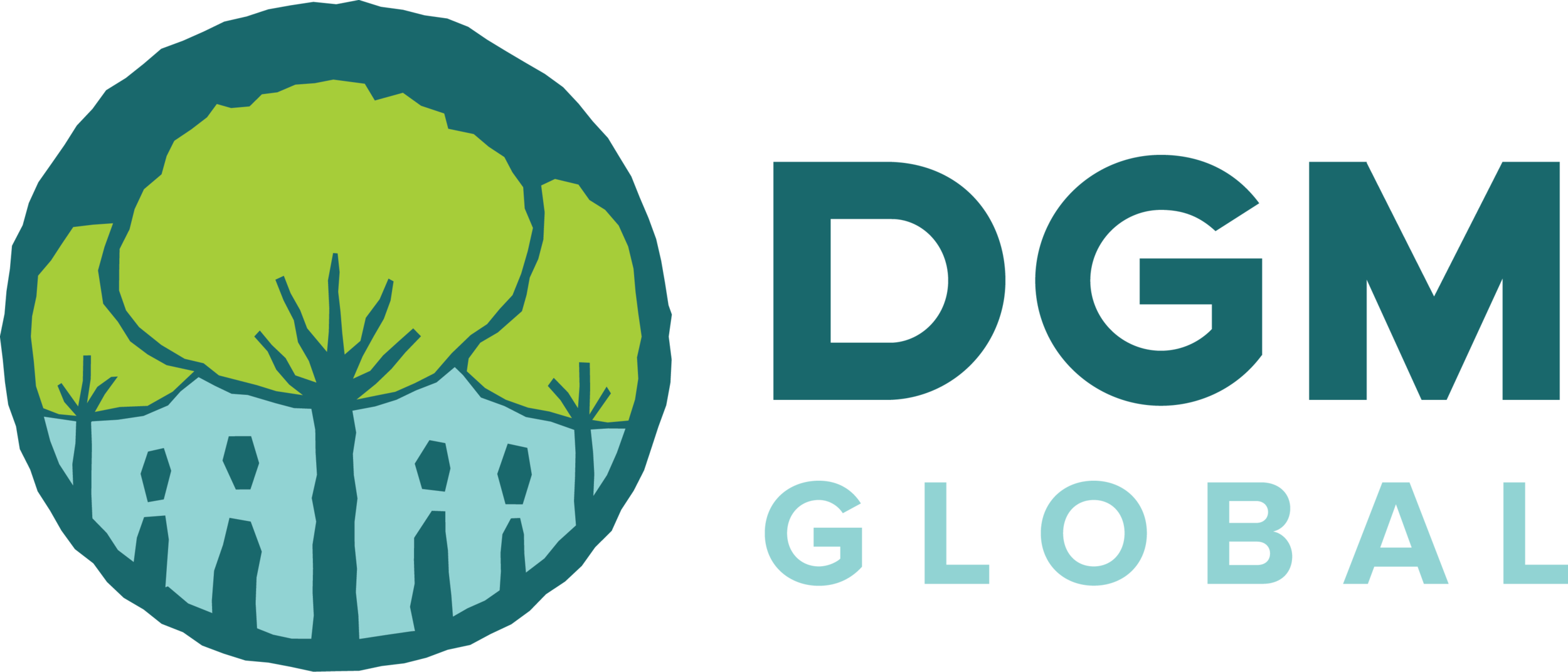Empowering Community Voices: Insights from the 2nd Targeted Bilateral Exchange in Lago do Junco, Maranhão
Field visit at the headquarters of COPPALJ coop.
From November 8 to 13, the 2nd Targeted Bilateral Exchange, jointly organized by DGM Global and DGM Brazil, took place in Lago do Junco, Maranhão. This marked the first instance of a DGM Global activity being held in this area. The event welcomed DGM participants from Guatemala (6), in addition to (2) from Ecuador representing non-FIP countries within the DGM network, and (5) from Brazil. The primary aim of the event was to facilitate knowledge exchange and learning among individuals actively engaged in topics related to Natural Resource Management and Sustainability, Environmental Conservation and Community Development, as well as Indigenous Participation and Climate Change.
The DGM Brazil project operates within the Brazilian Cerrado region, which spans across several states in Brazil. During the event, participants had the opportunity to delve into the significance of this biome and to gain insights into the challenges and successes experienced by Indigenous Peoples and Local Communities residing in this region. Due to a history marked by severe land conflicts, the people of the Cerrado have united through associations and cooperatives to safeguard their territorial rights and traditional ways of life. Notably, through the management of the babassu coconut, the predominant palm species in the region, the traditional populations—especially women—have played pivotal roles in collecting, processing, and marketing products derived from this palm. Participants visited cooperative centers, women's associations, and Babassuais areas where families cultivate and manage the babassu.
Moreover, the event included workshops focused on comprehending climate issues from an indigenous perspective in the Brazilian context, featuring Lucia Alberta Andrade, the Director of Promotion and Development at FUNAI (National Foundation for Indigenous Peoples). Additionally, there were presentations by the national implementing agency of DGM Brazil (CAA/NM – Centro de Agricultura Alternativa do Norte de Minas), highlighting the current phase 2 implementation status of the country. Representatives from Guatemala also shared insights about the operations of DGM in their country, providing the latest updates. Overall, the event spanned four days filled with learning opportunities and efforts dedicated to strengthening the Dedicated Grant Mechanism for IP&LCs.

